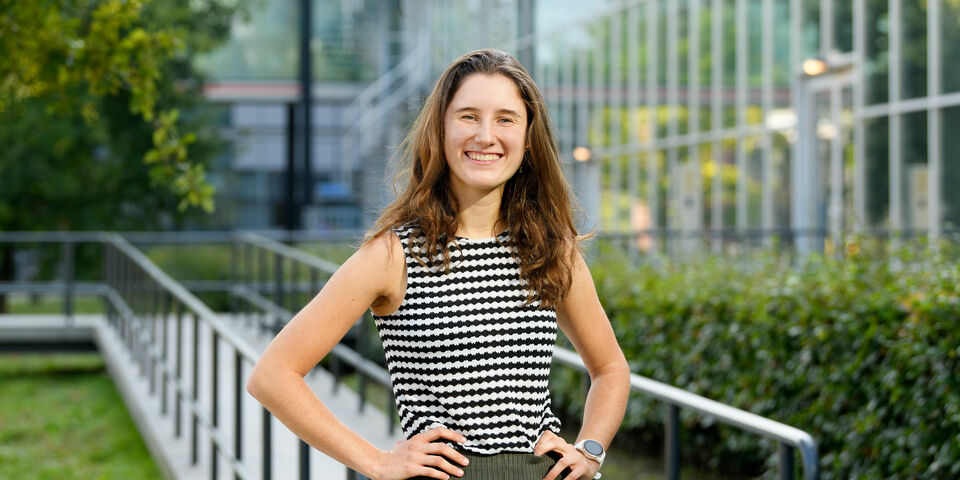Nurdles
I always like to think of myself as someone who tries to live sustainably. However, there are a couple of things that I still feel very conflicted about, such as the heating inside our house (I am always cold) and the car that takes me places without proper public transport. But something that I feel really conflicted about, is plastic.
Plastic can be amazing. It enables us to store cucumbers, to keep cookies fresh (yes, I have my priorities right) or, maybe more importantly, to store medical products. On the other hand, I feel like it is the devil in disguise: it never disappears, it pollutes our oceans and nature, and it can be very bad for our health (there are tons of videos on the effect of plastics in our clothing on our lung development). So why do we keep using these plastics?
I used to think that consumers were to blame, because we keep buying plastic products, even though we know the effects of plastic. To do something about plastic pollution, about one and a half year ago I joined in on a beach clean-up by Stichting De Noordzee at Schiermonnikoog. We found a lot of fishing nets residues, plastic bottles, balloons, and nurdles.
Well, back then I didn’t know the little plastic balls are called nurdles. So let me explain briefly what they are. Nurdles are raw materials for plastics; they are small plastic balls that are used to make our plastic products. However, since they are so extremely small, they leak. So, plastics are not only disposed post-consumption, they often do not even reach the place where they become the plastic products we know.
So, this is not a consumer problem, this is an industry- or maybe even a societal problem. Which I think is the case with many of the sustainability challenges we are facing right now. Even though several great measures are already being taken by the industry, I do think that we (as students) are able to help the change towards a better future.
The Nurdle Soup student team is working on the development of a counting mechanism in order to obtain data about this industrial problem. They aim to detect and prevent the leakage from the industry. The team members are now iterating on different prototypes, which will monitor the nurdles in the Dutch waters. With the use of this data they intend to not only measure the concentration of nurdles, but also map out the origin of the spillages. This provides useful data, which can help them to inform stakeholders. (P.S. They are currently looking for some people to join the technical team)
Like many of the innovation Space student teams, this does give me hope. There are practical solutions for many of our sustainability challenges. In the meantime, I will continue to try to reduce my plastic consumption, and pick up littered plastic around my neighborhood.


Discussion